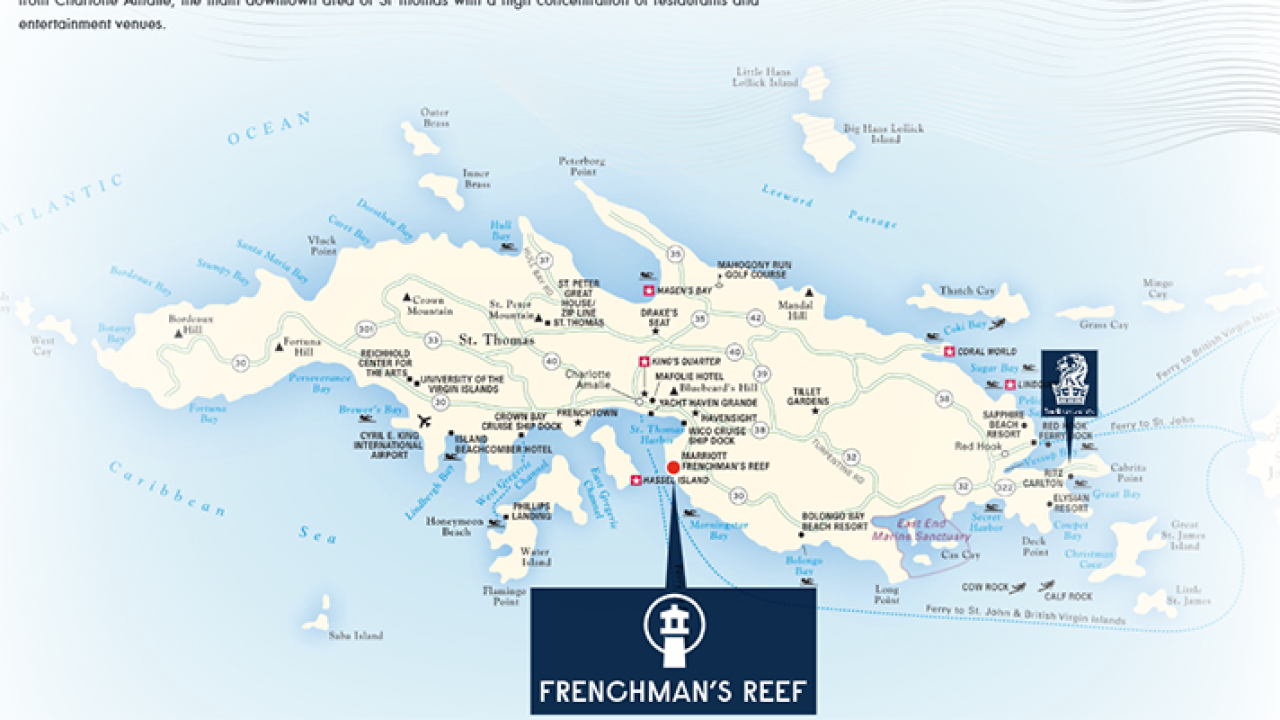
California Gov. Gavin Newsom signed into law a bill that places a sales tax measure, considered essential for struggling San Francisco Bay Area transit providers, on next year's ballot.
It places a 14-year regional transportation sales tax before voters in five counties next November. The measure would levy a half-cent sales tax in Alameda, Contra Costa, San Mateo and Santa Clara counties and a one-cent sales tax in San Francisco. It's expected to generate nearly $1 billion annually.
As a former San Francisco supervisor and mayor, Newsom said in his
The transit systems "bear the responsibility of showing how additional revenues, if approved by voters, will produce tangible outcomes and measurable results," Newsom said.
The law allows the measure to be placed on the ballot either through action by a newly-formed Public Transit Revenue Measure District governed by the same board as the Metropolitan Transportation Commission or via a citizen's initiative. Proponents are pursuing a voter initiative, which would only
Roughly 60% of money from the sales tax would be dedicated to the San Francisco Bay Area Rapid Transit District, the San Francisco Municipal Railway, the Caltrain commuter rail service and the AC Transit bus service in the East Bay. All have threatened steep cuts without additional funding and face annual deficits of more than $800 million annually starting in fiscal 2027-28, according to an independent analysis, MTC said.
About one-third of the revenue would go to the Santa Clara Valley Transportation Authority, San Mateo County Transit District, the Alameda County Transportation Commission and the Contra Costa Transportation Authority or for transit capital, operations or road paving projects on roads with regular bus service.
BART, a 131-mile heavy-rail transit system connecting San Francisco to east and south bay cities, contemplated a proposal earlier in the year that would have reduced the number of trains from 4,200 to 500 a week. BART has taken other steps like freezing or eliminating 45 open positions, shortening trains and plans a 6.2% fare increase in January.
"The BART Board of Directors supported SB 63, because it will cover a significant portion of BART's operating deficit and allow us to maintain current service levels and improve the rider experience," the agency said in a statement. "BART will continue to identify additional cost savings and efficiencies to address our deficit, and we welcome the enhanced accountability measures and financial efficiency review included in SB63."
The law requires the district establish an independent oversight committee to ensure expenditures are consistent with statute. BART, Muni, Caltrain and AC Transit are also required to undergo a two-phase independent third-party financial efficiency review.
Beneficiaries of the sale tax also must maintain existing levels of operations funding to ensure the measure supplements, rather than replaces, current operations support.





